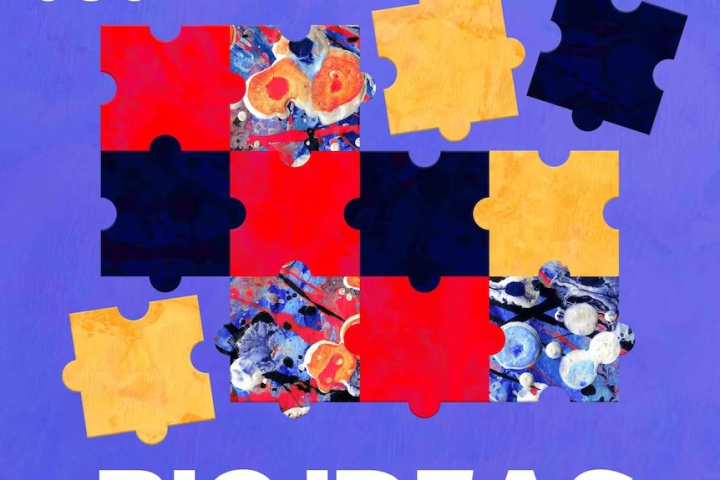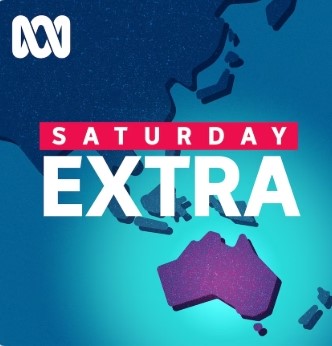Jonathan O’Dea | Sydney Morning Herald | 30 April 2014
Following more explosive revelations from the Independent Commission Against Corruption on Monday, Premier Mike Baird has identified political lobbying and election campaign funding as major issues for our state government. He has indicated support for tighter regulation of lobbyists and public funding of election campaigns.
Whatever the rules, there needs to be a robust system allowing lobbyists to operate and election campaign funding to occur in a transparent and ethical manner, ensuring public confidence in the process.
The people of NSW should be confident that advocacy in our state is free from corruption, back-room deals or inappropriate influence. Politicians should not be offered, nor should they accept, incentives to deliver less-than-fair decisions made in the public interest.
How should the NSW government modify the rules for lobbying and election campaign funding so as to promote an improved level of openness and trust? Is there a need for an independent mechanism to provide input to such a review?
Luca Belgiorno-Nettis, of the newDemocracy Foundation, has argued for the use of citizens’ juries in setting parameters for matters involving political lobbyists and political donations.
Citizens’ juries are generally made up of about 30 to 40 people, selected at random, with representative demographics such as age and gender. They typically meet at weekends, over some weeks or months, to consider information they think is relevant and to deliberate.
A big feature of the juries is deliberation. Deliberation goes far deeper than community consultation. Material is considered and workshopped by the jury to formulate proposals in the public interest. Through the process, good ideas emerge for the benefit of the wider community.
While participants may be paid a small stipend, their main motivation is to contribute to a better democratic system and the common good. A jury operates beyond vested interests and external influences, thus promoting greater integrity and faith in the review process.
When parliamentarians conduct inquiries, hold meetings and attend events, those with the greatest self-interest on any issue often command the most attention. Elected representatives risk hearing too much from lobbyists or donors at the expense of others in the community.
On most issues, there are those who will tell you that a proposed policy is excellent, while others will say the same thing spells disaster. There are relatively few voices of nuance and compromise, which is something particularly useful in the citizens’ jury process.
Earlier this parliamentary term, the NSW Public Accounts Committee, which I chaired, undertook an inquiry into the economics of energy generation. In it, we used two citizens’ juries (based in Sydney and Tamworth) and deliberative processes, with considerable success. The newDemocracy Foundation facilitated the juries.
With our inquiry, all the jury recommendations were tabled and considered by the NSW Parliament as part of the committee’s final report. This added insight and credibility to the process. One of the committee’s recommendations was for the NSW government to consider appropriate future use of deliberative democracy to engage with the NSW public on policy issues.
Politicians need to hear from new and representative voices. We trust juries on questions of guilt and innocence in very serious criminal matters, I think we can trust them to help set rules for lobbyists and election campaign funding.
Why shouldn’t we ask a jury of citizens to consider how these matters might be better regulated? I support embracing this opportunity; aware of some risks, but trusting in the public’s capacity for careful deliberation and sensible judgment. It may well help make NSW a leader in democratic reform.
Jonathan O’Dea is the chair of the NSW Parliament’s Public Accounts Committee and Liberal member for Davidson.



